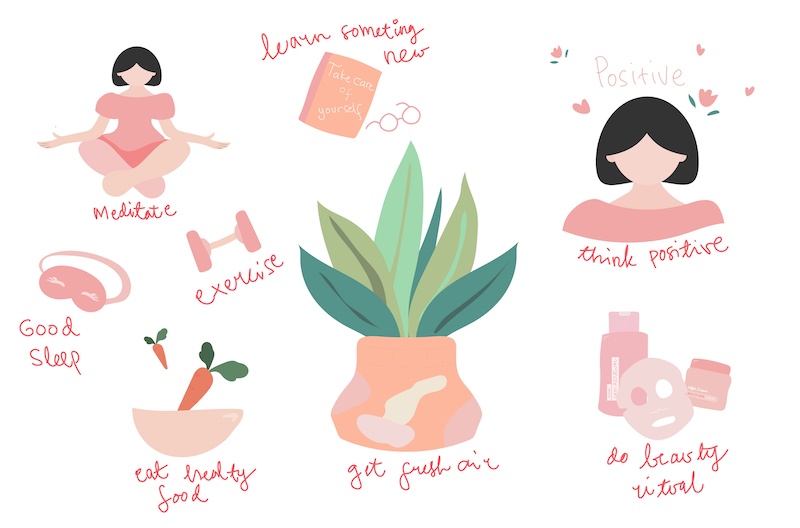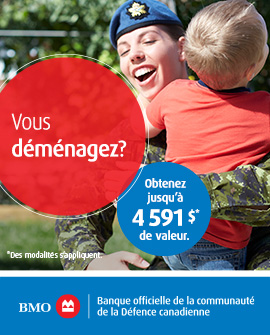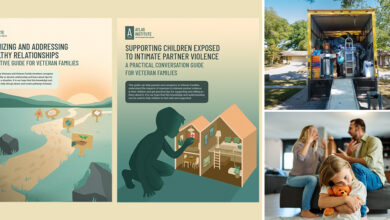Health and Wellness
Avoiding compassion fatigue when it comes to caregiving
The impact of war is visible through physical and mental scars military personnel carry, with the impact of these scars rippling throughout an entire family unit.
When a loved one is diagnosed with an operational stress injury (OSI), such as post-traumatic stress disorder (PTSD), or a physical injury, it almost always falls upon a member of the family to step into the caregiver role. This role can be an especially difficult one to step into as family members deal with new responsibilities and new dynamics.
“They’re kind of trying to adjust to their new reality. Whether they’re dealing with PTSD or disability, all of that is creeping into their lives. It affects the quality of their life, the dynamic of the family.
“For family caregivers to try to make sense of the territory of their new experience is extremely complicated because nobody is trained on how to deal with complex issues like depression anxiety,” explained Mark Stolow, CEO of Huddol, a social media platform dedicated to helping those dealing with adversity.
In fact, the new responsibilities of a caregiver often go beyond caring for their loved one.
“A military service person who is impacted by PTSD may have to leave work. They could have been the primary breadwinner of the family. The spouse now may have to take on more commitment not just on how to move through PTSD and treatment but also financial commitment,” noted Stolow.
It’s no secret that these new responsibilities and roles can be exhaustive from every angel as, depending on the nature of the health issue, caregivers can be providing care 24/7.
However, this is often of little concern to family caregivers as they believe it is their responsibility, and want to be involved, want to make their spouses and partners feel better.
In the long-term, however, for those who have jumped completely into their new role, this kind of exhaustive care can lead to burnout and compassion fatigue.
“The counter-effect of that investment is that they themselves become lost, oftentimes in that experience, whether it is self-forgetting or self-neglect,” added Stowlow.
To avoid this kind of burnout and compassion fatigue, Stowlow recommends family caregivers take the following three steps:
Recognize your new role
According to the Huddle founder, the first step to “self-care” is simply recognizing your new role as a caregiver.
“It’s a very hard thing to do for most family members because they tend to see themselves in the lens of their familial responsibility. The reason why it’s important is not so they can carry some new badge of caregiver the way you might mom, dad, grandparent, but more so it orients [them] into excepting a new reality,” explained Stowlow.
When a loved one is injured, it’s often hard to accept the new reality and accept the new family model. By recognizing the caregiver role, family members can seek support and help and avoid denial and clinging to the past.
Don’t lose yourself
As difficult as it may be, caregivers need to find time to take part in the activities that give them a sense of wellbeing, the activities they enjoy, says Stowlow.
“We have to maintain a sense that caring is something we extend outwardly and something we have to extend inwardly, too,” noted Stowlow.
Often, hobbies or activities are the first things to go out the window when someone becomes a caregiver. However, continuing with these activities at a time like this could not be more important.
“Letting go of the things that matter to you increase the drain, increase the burnout and increase the compassion fatigue,” said Stowlow.
Set boundaries
Another crucial piece to avoiding burnout and compassion fatigue is knowing your limits and being confident in expressing those limits and boundaries to whoever necessary, whether it’s medical professionals or loved ones.
Apart from taking steps to avoid compassion fatigue on an individual level, there are also many organizations, and programs family members can turn to for support, such as Military Family Resource Centres or Member and family assistance service (1-800-268-7708).
Huddol is also a viable network for military partners and other family caregivers to turn to. Huddol consists of several groups based on specific challenges such as anxiety, depression, and even caregiving. Huddol users can be connected with both professionals and peers.
In addition, Huddol is currently working with the pharmaceutical company Teva to launch the Caregiver Friendly Pharmacy program.
Piloted in 2018, the program has been rolling out across the country this year. It is aimed at both working with pharmacists to train them on the realities of family caregivers and then provide them with the tools and resources to assist caregivers.
To learn more about this program, click here.













